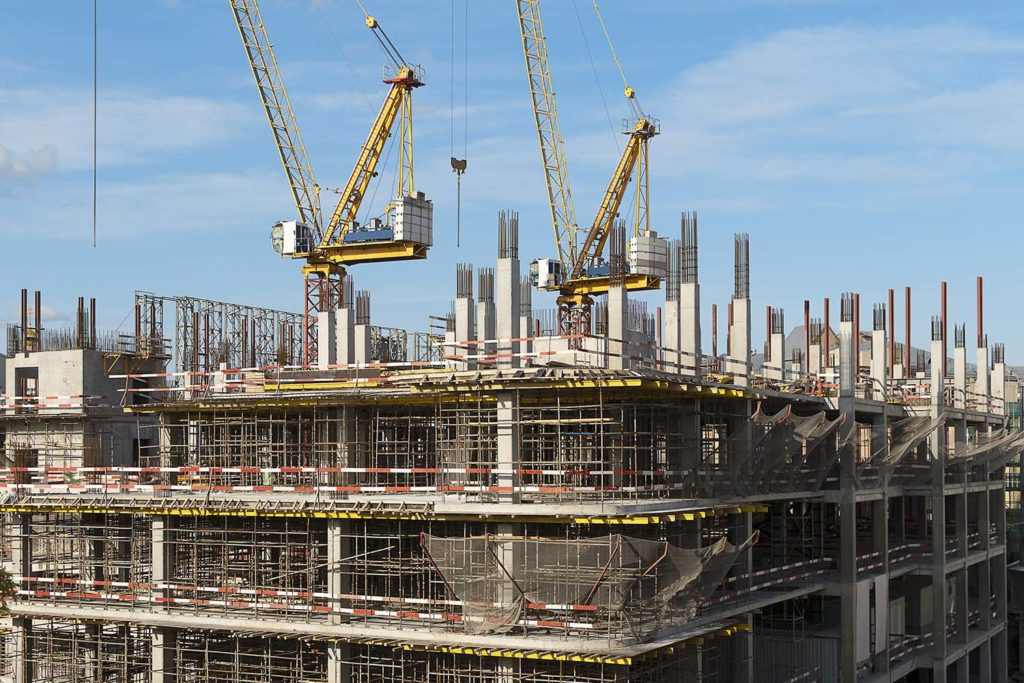News
A Changing Landscape. Be Nimble.

Given the fluid state of the economy due to the rapid spread of COVID-19, many Americans are experiencing a distilled sense of fear, as the effects of the pandemic remain uncertain, including the volatility of the real estate market. While we are unable to predict the future landscape of the market, our team has been proactive in analyzing scenarios and situations that we will encounter in a commercial real estate transaction.
With the current turmoil our world is facing, many are looking for ways to protect their interest in transactions, whether these individuals or business are already under contract or are in the contract-negotiation stage. While assisting our clients within the past few weeks, we have already seen provisions and clauses in real estate purchase and sale agreements and agreements involving construction that specifically relate to pandemics and COVID-19 in the context of force majeure, representations and warranties, and material adverse change.
Generally, force majeure clauses excuse the performance of one or both parties under a contract upon the occurrence of certain events that may prevent the parties from performing their respective obligations under a contract. These events typically include acts of God, acts of war, the occurrence of a natural disaster, shortages in materials and labor, governmental shutdowns and those that are beyond the reasonable control of the parties. While some contracts may include pandemic, others may not. In the latter case, parties are seeking guidance on available force majeure defenses in the event that they are unable to perform due to the drastic effects that COVID-19 has bestowed upon us.
In the commercial real estate context, material adverse change clauses generally allow for a buyer to terminate a purchase and sale agreement in the event there is a material adverse change to the physical condition of the real property that is the subject of the transaction. While these clauses do not usually contemplate other outside conditions of the property, a buyer in open negotiations may desire to extend the provision to cover the condition of the properly related to operations, if applicable. For example, a property that has multiple commercial tenants whose businesses have been directly affected by curfews or “shelter in place” orders could really impact the viability of the rent roll, since the impairment of those tenants could severely impact the value of the asset. A protective provision should include a closing contingency that, in addition to the physical condition of the property, the operational condition of the property (i.e. tenant business operations) has not experienced a material adverse change. These provisions are critical.
Buyers should strongly consider requiring the seller to insert a representation and warranty stating that no residents or employees of tenants (whichever is applicable) of the property have been diagnosed with COVID-19 as of the date of the contract and in the event of such diagnosis, the seller will promptly notify the buyer if the seller becomes aware of the diagnosis, and what actions, if any, the seller has taken in response to the diagnoses. It probably is also worthwhile to consider an indemnification provision in favor of any Buyer if there are COVID-19 issues.
Whether you are currently party to a contract or are in the contract-negation process, our firm is here to assist you in navigating these uncertain times. Please contact us for additional assistance and information with respect the effects of COVID-19.

